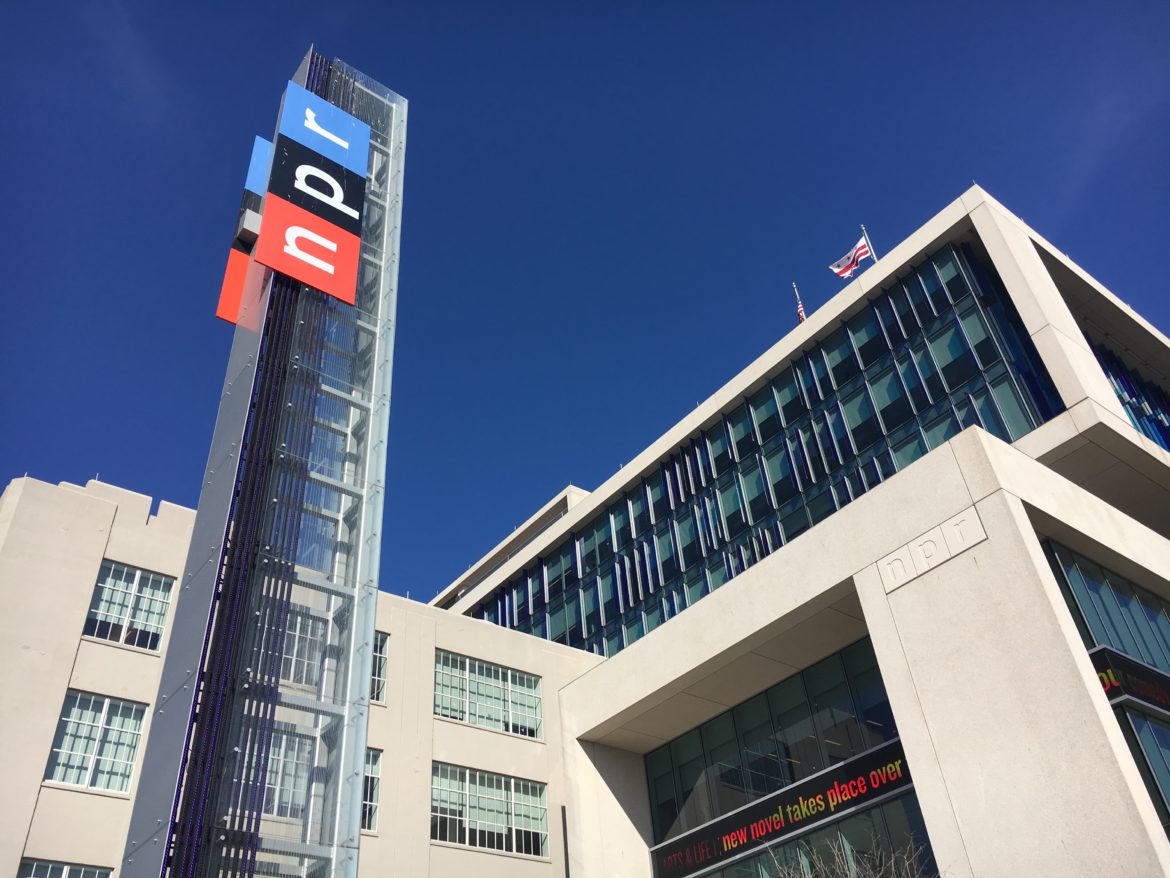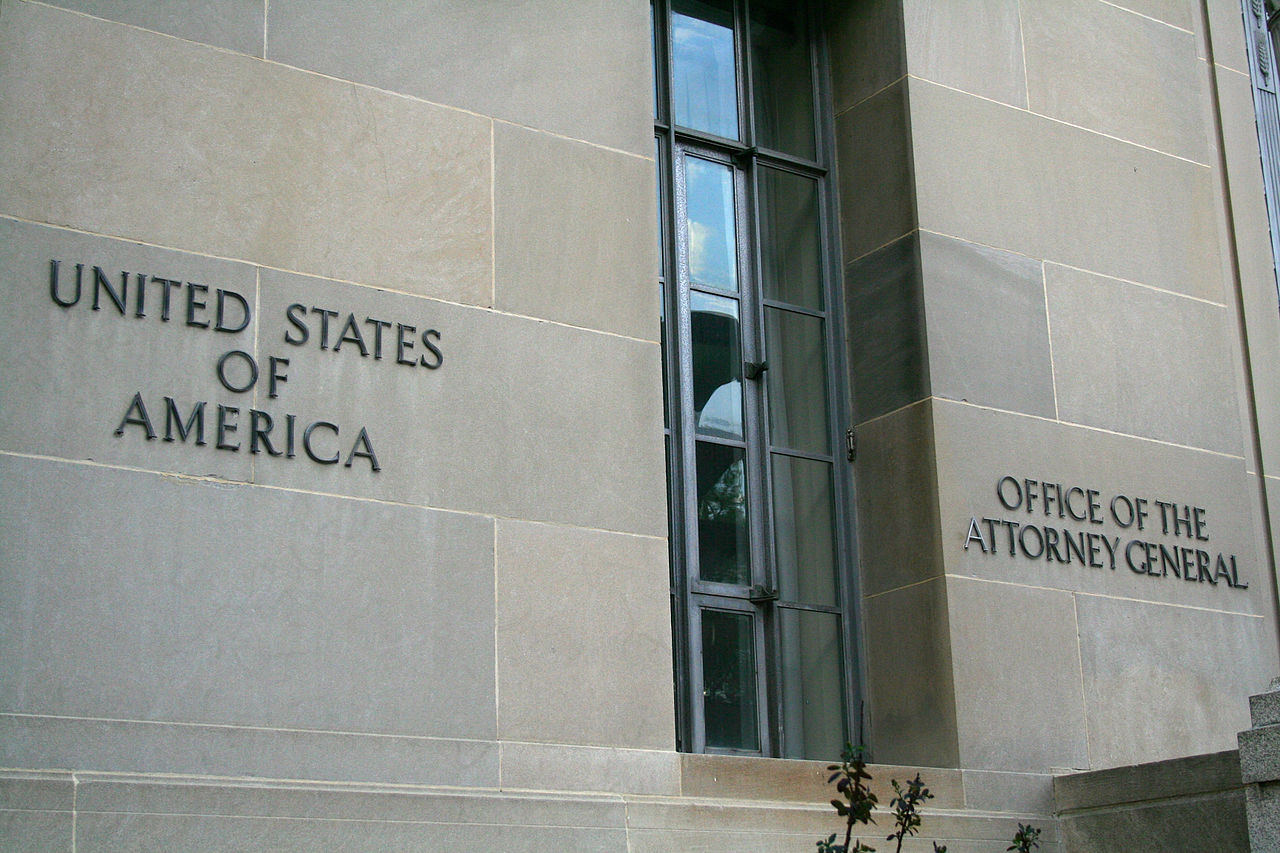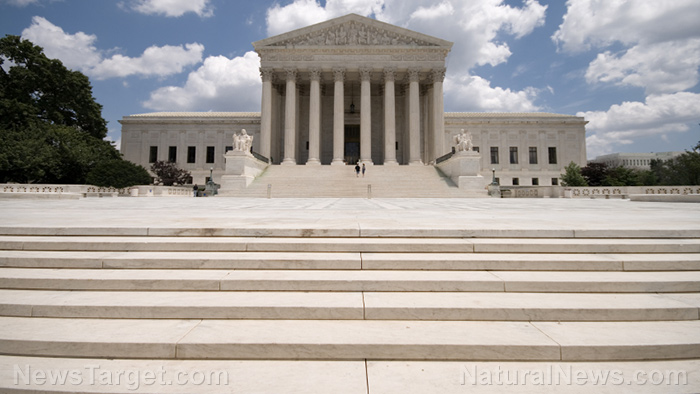 Parler
Parler Gab
Gab
- The U.S. House narrowly approved a bill on June 12 cutting $9.4 billion from public broadcasting and foreign aid, marking the first implementation of recommendations from DOGE.
- The bill includes $8.3 billion in cuts to USAID programs, such as refugee aid, gender and climate initiatives, and UN contributions and $1.1 billion in rescinded funding for NPR and PBS via the Corporation for Public Broadcasting (CPB).
- The measure is a key component of President Donald Trump's push to reduce discretionary spending and eliminate what the administration deems "ideologically biased" or "non-essential" programs.
- While Republicans are optimistic, the bill's path in the Senate is unclear. Some GOP senators have raised concerns about the public broadcasting cuts, and the chamber is unlikely to consider the package until July.
- The vote represents a political win for Speaker Mike Johnson and GOP conservatives pushing for DOGE-driven reforms. With control of Congress and the White House, Republicans hope to avoid past failures in implementing similar cuts.
Bill may not pass Senate in its current form
The bill now heads to the Senate, where its prospects remain uncertain. A number of Senate Republicans have expressed reservations, particularly about the proposed cuts to public broadcasting, casting doubt on whether the legislation will reach Trump's desk in its current form. Under the Impoundment Control Act of 1974, the measure requires only a simple majority to pass the Senate. Assuming unanimous Democratic opposition, Republicans can afford to lose no more than three members to move it forward. Senate Majority Leader John Thune (R-SD) said the chamber is unlikely to take up the measure before July, as lawmakers focus first on advancing a broader GOP tax and spending package. "We'll do reconciliation first, so I would expect the rescissions package to be on the July docket," Thune said, noting that the Senate may modify certain provisions when it takes up the bill. But for now, the House vote marks a clear victory for Speaker Mike Johnson (R-LA), who managed to unify enough of his conference to push the bill through, and for conservative hardliners, who have been pressuring leadership to enshrine the DOGE findings into law as part of their broader deficit-reduction campaign. "Today's House passage of this initial rescissions package marks a critical step toward a more responsible and transparent government that puts the interests of the American taxpayers first," Johnson heralded the bill after the vote. "It is just one of the ways Republicans are codifying DOGE's findings and putting taxpayer dollars to better use." Moreover, Republicans are more confident that with unified control of the House, Senate and White House for the first time in years, they can avoid a repeat of past setbacks. "[Trump's] done this before, and they've got a great team, I think, in place," House Appropriations Chair Tom Cole said earlier in June. "They've thought about these things a lot in the time in between his first and his second term. And there's no question, the president has much more influence inside the Republican Party than he had during his first term." MediaFactWatch.com has more media-related stories. Watch this episode of "The Fascist New World Order Podcast," which touches on hate speech.More related stories:
FCC chairman launches investigation into NPR and PBS over alleged commercial violations.
Disinformation-spreading NPR launches 'disinformation reporting team.'
Defund NPR: Man plots to kill Biden, NPR omits from story that he was Bernie bro with books on Islam.
PBS shutters DEI office in wake of Trump's executive order.
Sources include: YourNews.com X.com TheHill.com Brighteon.comKennedy’s ACIP purge EXPOSED systemic and arrogant conflicts of interest governing the CDC
By Lance D Johnson // Share
Sen. Tim Sheehy to introduce bill granting BACK PAY to troops impacted by COVID-19 vaccine mandate
By Laura Harris // Share
FBI emails unmask DOJ’s weaponized scheme to criminalize Trump through fringe J6 choir claims
By Willow Tohi // Share
Supreme Court’s silence deepens fight for health freedom in Maine vaccine case
By Willow Tohi // Share
Governments continue to obscure COVID-19 vaccine data amid rising concerns over excess deaths
By patricklewis // Share
Tech giant Microsoft backs EXTINCTION with its support of carbon capture programs
By ramontomeydw // Share
Germany to resume arms exports to Israel despite repeated ceasefire violations
By isabelle // Share










